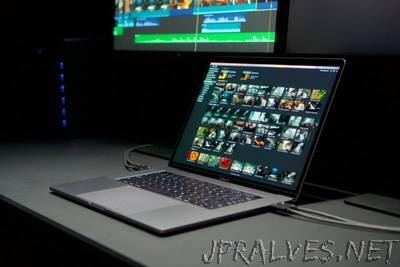
“Apple is working on more ARM co-processors for future MacBooks, at least if a new report from Bloomberg is to be believed. The company is allegedly developing a chip codenamed “T310” that could be used to handle macOS’ “Power Nap” functionality and other low-power features. The chip would sit alongside an Intel processor that would still do all the heavy lifting when the computer was awake, much like the Apple T1 chip that powers the new MacBook Pros’ Touch Bar. The T310 would be slightly more capable and more deeply integrated into the system than the T1, since it would be allowed to use the computers’ Wi-Fi adapters and access RAM and storage. But as described, the chip would still be filling a niche role rather than doing any major processing. While Bloomberg notes that Apple has “no near-term plans to completely abandon Intel chips,” the report frames Apple’s new chip as the next step down a road toward “Intel independence.” This could eventually lead to Macs that are powered by Apple’s own A-series processors rather than standard x86 PC processors; Intel’s chip development has slowed significantly in recent years, and the company’s roadmap doesn’t look as rosy as it did back in 2006 when Apple originally switched away from the PowerPC architecture.”
